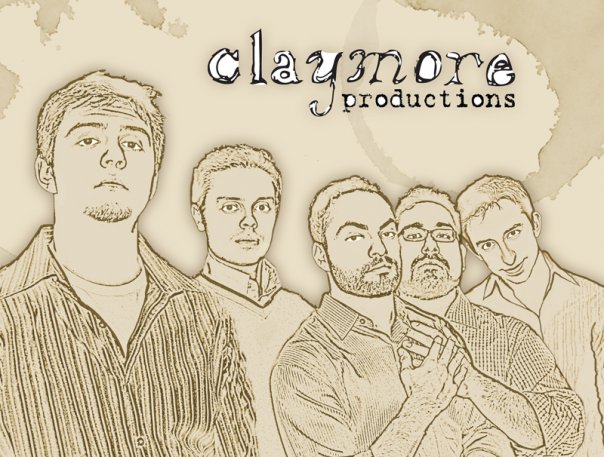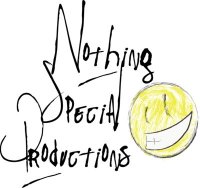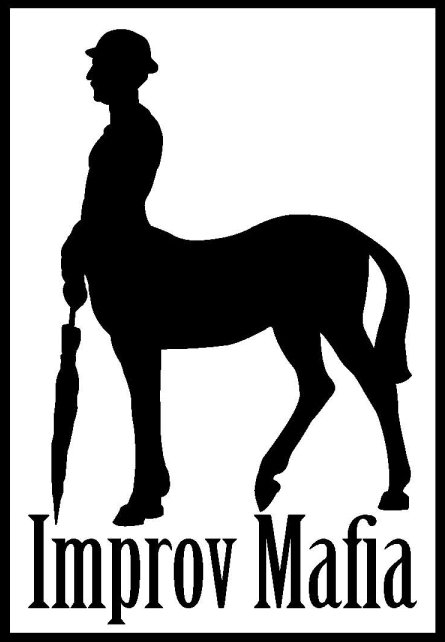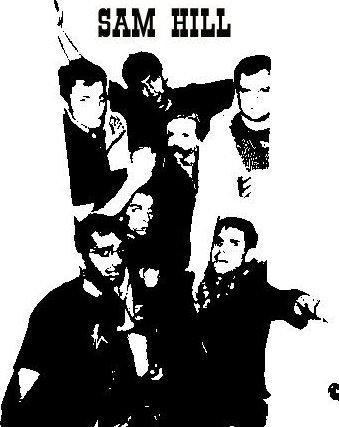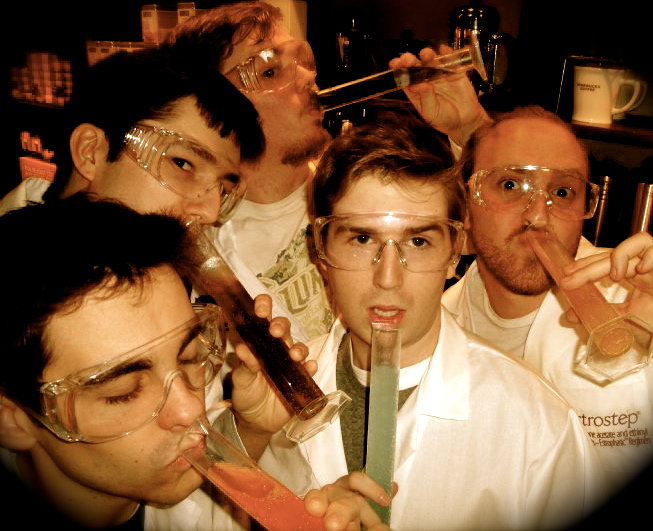“Boner” is one of, if not the, most fun word in English. Its many facets make it invaluable in casual conversation. When you’re describing drunken escapades or mocking a foolish friend, “boner” is there for you.
But there’s still a lot about “boner” that we, the frequent “boner” users, don’t know. What is “boner”‘s earliest quotation? What is the noble history of “boner”?
Let’s discover and honor “boner” by making it the Oxford English Dictionary Word of the Day!
Join us in demanding the Oxford English Dictionary make “boner” the Word of the Day
Step 1: “Like” It
Click the “Like” button in the box below. If you’re using Internet Explorer or don’t see the box, click here to visit our Facebook Page where you can become a fan and move on with Step 2.
Step 2: Join Our Official Statement
This is the list we will be presenting to the Oxford English Dictionary as proof that “boner” is a much beloved word. We need every name we can get, so please join us and tell your friends.
“Boner” deserves to be the Oxford English Dictionary Word of the Day
Sponsors

I win!!!
Why “boner”? Why now?
“Boner” is one of the, if not the, most fun words in English. “Boner” is used so often and in so many situations, that it is unclear the full impact of this great word.
Everyone has heard its obvious bodily use, and most know “boner” can describe a foolish person. But “boner” is rumored to have many more uses:
- Noun: “Oops! I made a real boner when I knocked over that lamp.”
- Transitive Verb: “Let’s boner this math test and get out of here.”
- Adjective: “I’m so boner right now.”
- Adverb: “Don’t act so boner. It’s embarrassing.”
And it’s not just definitions we’re missing. What is the etymology of “boner”? Where was “boner” first published in English? Whose work of literature brought “boner” to our tongue?
As citizens of Earth in 2010 and avid users of the word “boner,” this is information we need immediately to begin using “boner” to its full extent.
Who can give us the answers to these burning questions?
The Oxford English Dictionary
The Oxford English Dictionary calls itself “The definitive record of the English language.”
But the Oxford English Dictionary’s door to definitive English knowledge is not open to the common man. To access the Oxford English Dictionary, you must pay an annual subscription of almost $300! That’s $300 that most struggling “boner” users need to pay for groceries, transportation, and health insurance.
We could seek out someone with a subscription and ask them to give us the information, but that would only fulfill a selfish need for knowledge. “Boner” is a word the entire world should use and enjoy. Any attempt to republish the definitions, etymology and quotations of “boner” would violate international copyright law.
But do not despair. There is a glimmer of hope.
To appease the masses, the Oxford English Dictionary created a “Word of the Day” program. Each day, a new word is chosen from the dictionary, and its online entry is made available for 24 hours. After that, you’re cut off.
For those of us who will likely never be able to afford a subscription to the Oxford English Dictionary, this tiny trickle is our only access to the deluge of information their archives contain.
On most days, the Oxford English Dictionary Word of the Day is chosen at random, but for special occasion they will override their algorithm to hand pick the honored word.
We request–nay, demand, that the Oxford English Dictionary make “boner” the Word of the Day.
That day will be declared International Boner Day in honor of this great word, and in honor of the Oxford English Dictionary who opened its archives to share “boner”‘s history with the world.
Please add your voice to ours in this call for action. Enter your first name and email below so that the Oxford English Dictionary will see that there is a need for this information.




